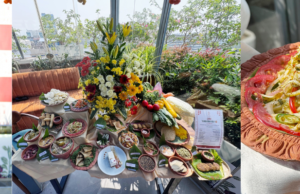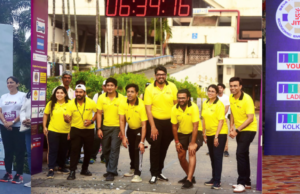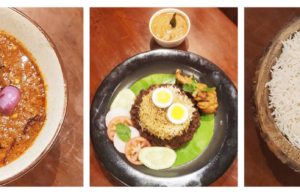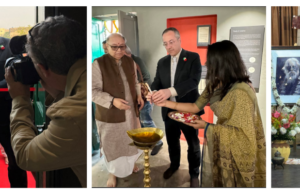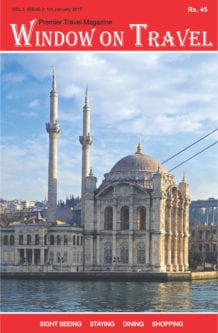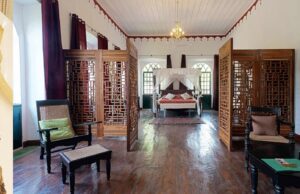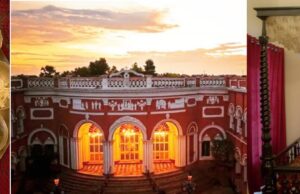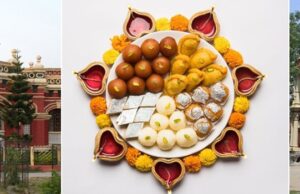
WoT's Hot
In The Himalayas − A Home Of Comfort And Love To Elderly And Kids With Nowhere To Go
The room that seven-year-old Sonam Chomzom and nine-year-old Losung share with several other girls at the Jamgön Kongt`rul III Memorial Home in Kalimpong is filled with posters and stuffed toys. The two roommates are close to each other and another resident – 92-year-old Tsenten Dolakar, who has severe arthritis and is unable to walk. Chomzon and Losung bring her tea and her meals. In the evenings they help change her diapers. In turn, Dolakar gives them pocket money and regales them with stories about Tibetan traditions, just as a grandmother would.
Which is what makes the Memorial Home, established and managed by the Paromita Charitable Trust, unique. It is run as an extended family, cutting across age, caste, and tribal lines. Ngodup Thinlay, director of the trust, said with great pride, “The children here have 38 grandparents.”
The trust was founded in 1986 by Reincarnate Lama the Third, Jamgön Kongtrul, and, under its aegis, the Memorial Home was established in 1995 in Kalimpong’s 8th Mile with seven elderly residents. Three children, whose mother had died and whose father was blind, were taken in soon after as they had no means of support. At first the staff was concerned that they would disturb the elderly residents, but it quickly became clear that the latter became the parents and grandparents that the children never had and strong emotional bonds developed between all residents.
Since then, the home is open to the destitute elderly in the area and children ranging in age from toddlers to teenagers. At the moment, there are 38 elderly residents and 52 children. Many single mothers leave their babies at two monasteries run by the Rinpoche – one in Dolpo, western Nepal, and the other in Kinor, Himachal Pradesh. These children are often sent to the home, which accords preference to girls because they face greater discrimination. Similarly, the very old and ill are also accepted into the home on a priority basis.
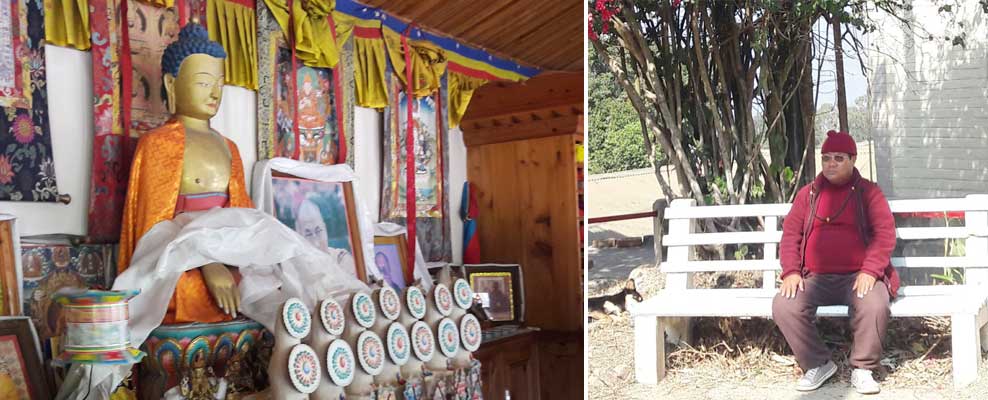
Nestled in the foothills of the Himalayas in West Bengal, the home is not a place of rigid rules or discipline. Rather, the management believes that the elderly should have the freedom to dress and maintain their shared rooms as they choose. The elders choose to spend much of their time in prayer, through which they believe they accumulate merit in the next life. Each person can set up his or her own prayer shrines in the prayer hall. While there are only two elderly people to a room, the younger members live dormitory style, and decorate their rooms with items donated to the trust.
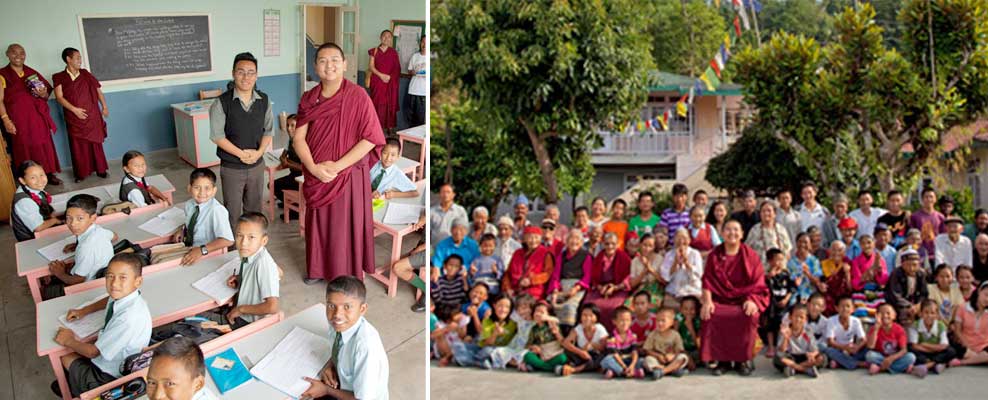
Nineteen-year-old Dawa Dolma, who is doing her BSc in Zoology at Kalimpong College, has a small room all to herself. It has a neatly-made single bed and a table upon which Dolma places her books. Her study table doubles-up as a small shrine in which there is a framed photo of the Dalai Lama. Dawa is proud of the strides she has made in pursuing her education. “Very few Sherpas have the opportunities I have,” she said with a smile.
All the children are responsible for fetching water and are expected to run small errands for the elderly. As there is a water shortage in the hills, up to two hours a day is often spent collecting water from nearby springs. The elderly carry five liters of water each day to their rooms. Many of the elderly enjoy gardening and the children help with that as well. The bond between the elderly and the children is important and ensures that the young learn traditional stories and ways of their people.
In 1997, the trust started the JKM School. Twelve of the first pupils were little monks from Western Nepal. Ngodup Thinlay, director of the trust recalled how the monks wore robes to school until the Dalai Lama visited in 2012 and suggested that it would be better if they stopped as it not only restricted them in play but set them apart from the other children. His Holiness also advised that the children should be allowed to pursue their education and make the choice to become monks at a later time. Many of the students come from the impoverished parts of western Nepal.
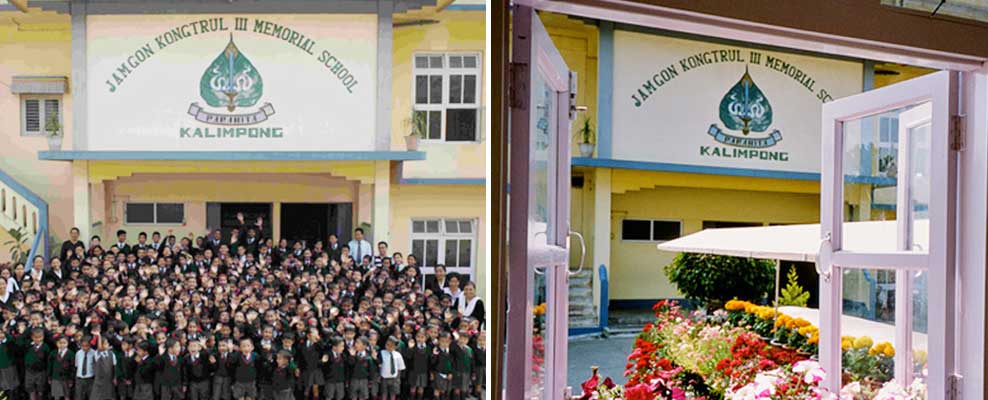
As caste and tribal identities are so indelibly ingrained in the social psyche, living with one another and sharing food and facilities proved a great challenge. But the management from the outset was insistent that the school be mixed caste school in composition. The headmistress, Norbu Doma, who has been at the school since its inception, said, “When we opened, we had 30 students and they were mostly Dalits. Now, in 2018, the 300 students are of mixed caste, which I see as an achievement. It has led to changes in the curriculum and brought in new ideas. Students now are more exposed and learn about other communities.”
While getting a job is an uphill challenge for Kalimpong’s youth, Thinlay has been able to find employment for 13 of the children from the home. He hopes that some of them, once they graduate and are professionally trained, will return to western Nepal to help develop their communities.
For a full version of this article see: https://scroll.in/magazine/868732/in-the-himalayas-a-home-offers-comfort-and-love-to-the-elderly-and-kids-with-nowhere-to-go.
The room that seven-year-old Sonam Chomzom and nine-year-old Losung share with several other girls at the Jamgön Kongt`rul III Memorial Home in Kalimpong is filled with posters and stuffed toys. The two roommates are close to each other and another resident – 92-year-old Tsenten Dolakar, who has severe arthritis a
Other Articles in WANNAGO WOT
What to read next
Featured articles

Welcome Festive Season in Glam, Latin Quarters Launches new #PujoBling Collection with Monami Ghosh
by WOT




